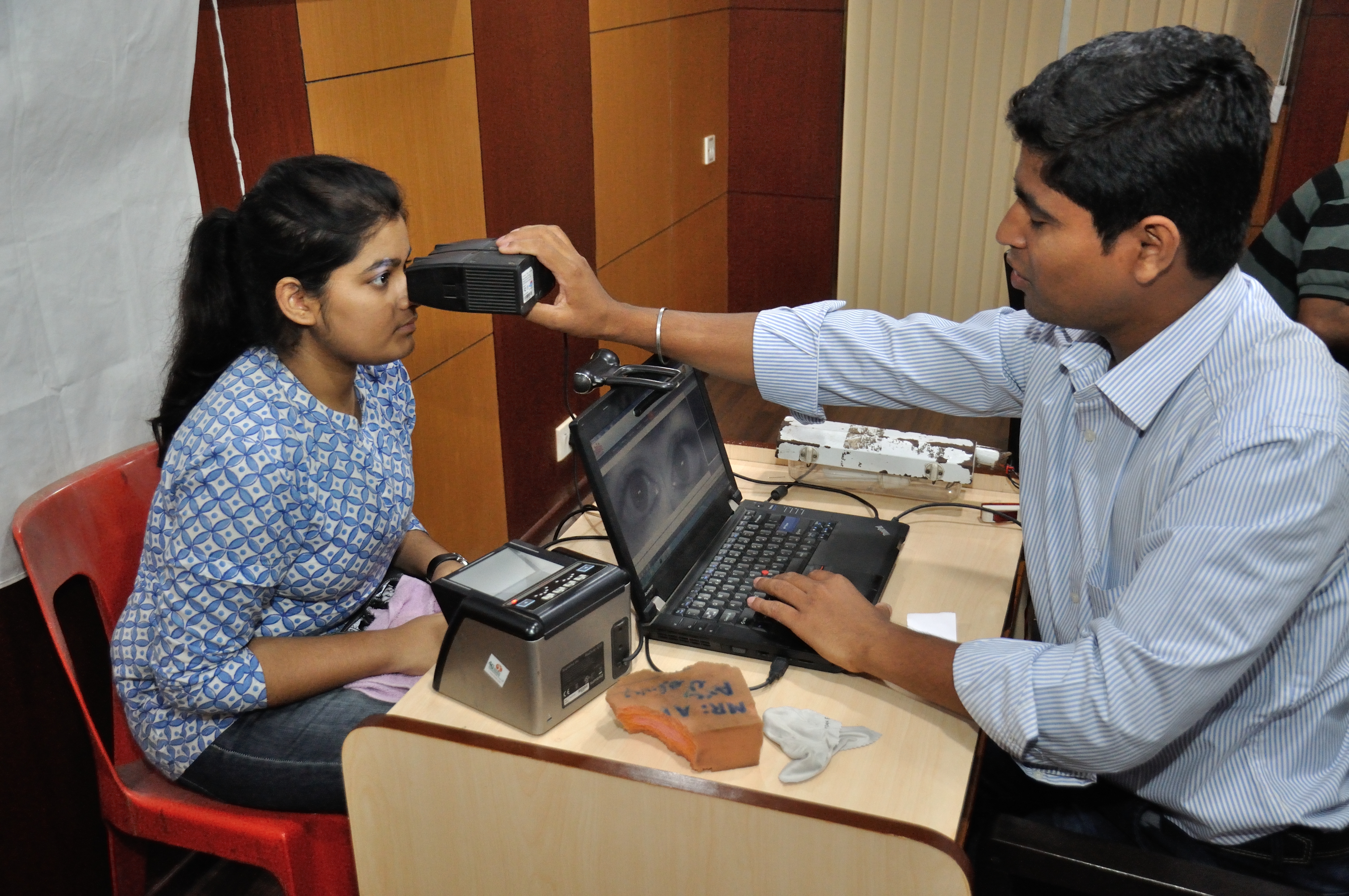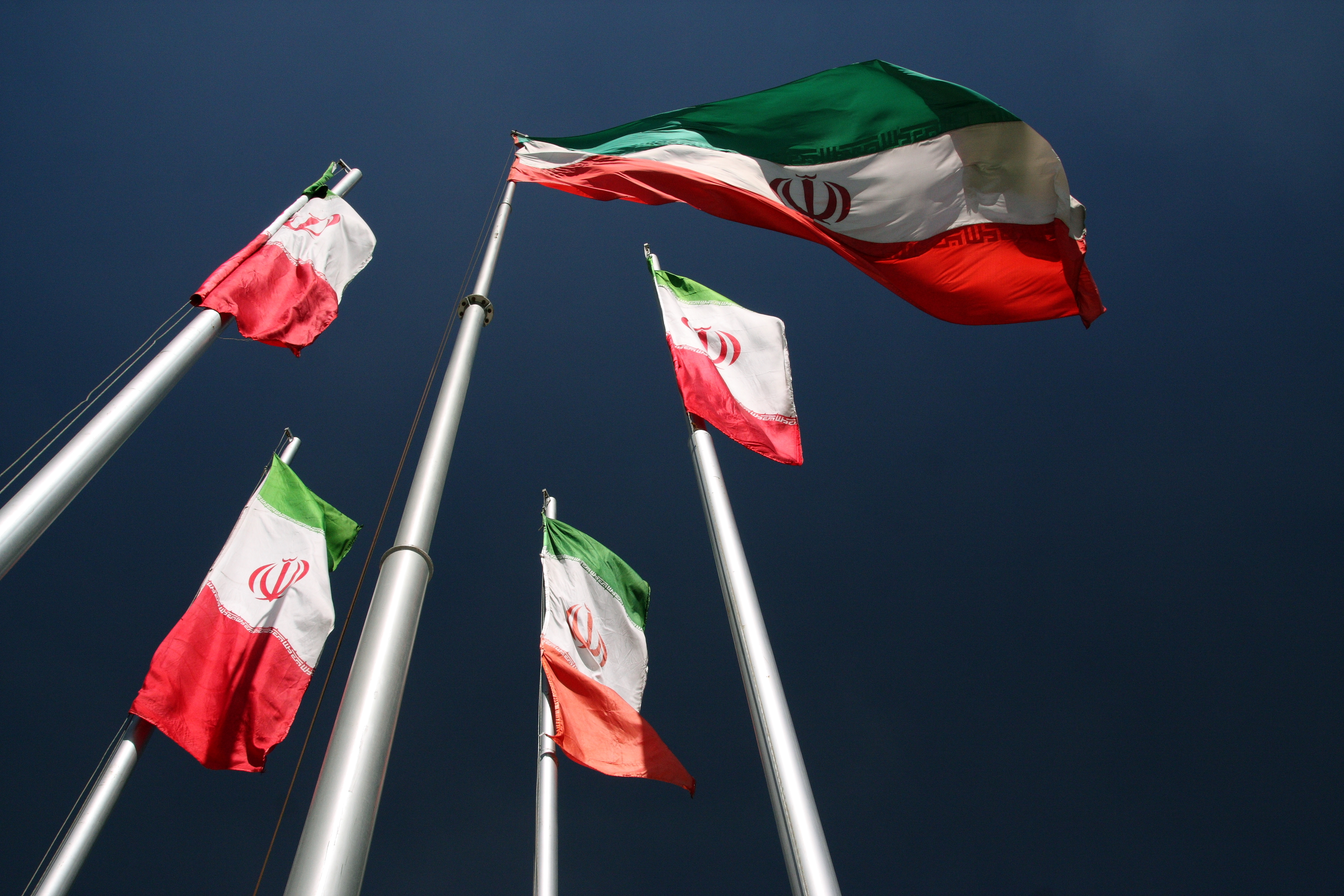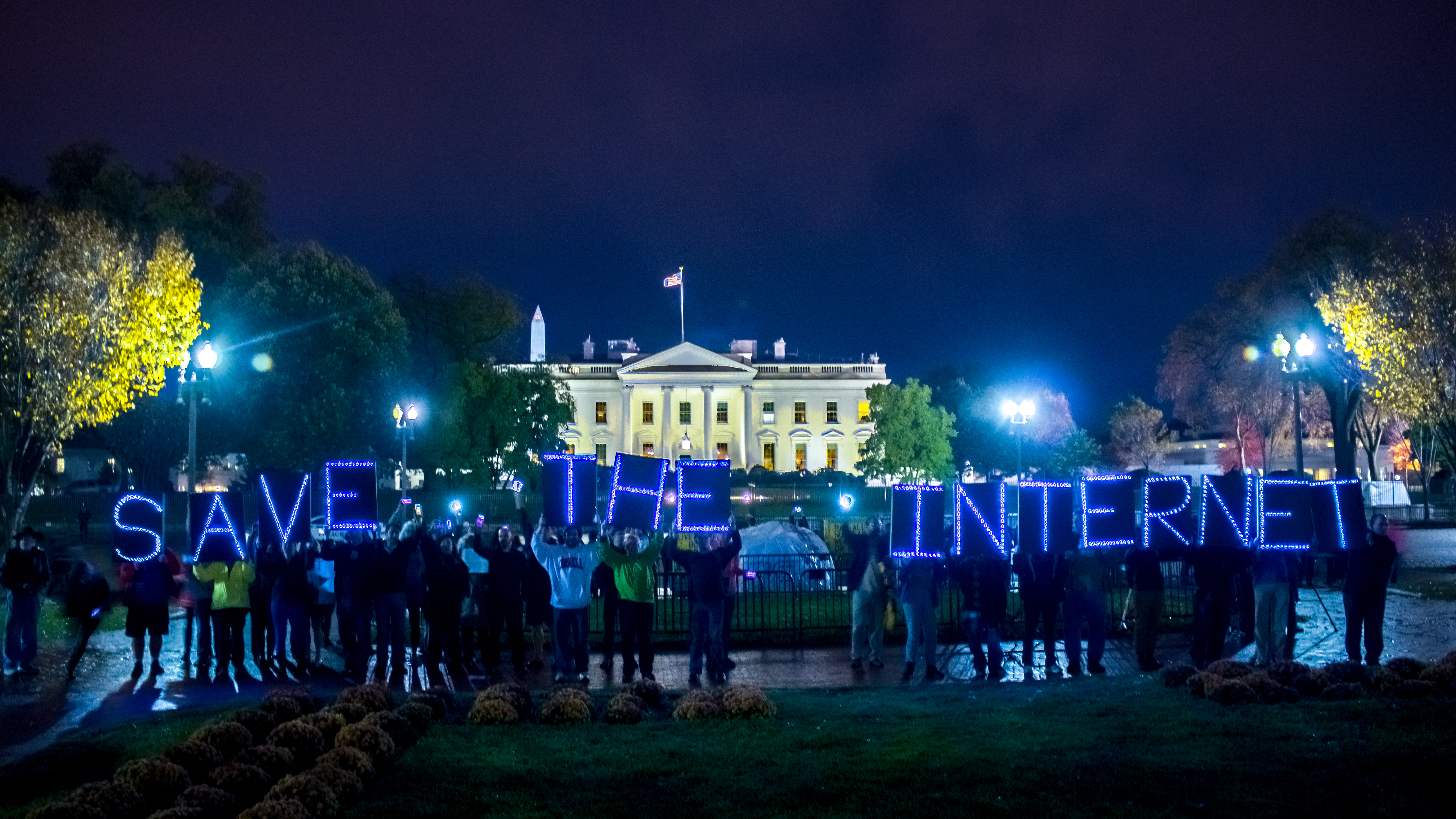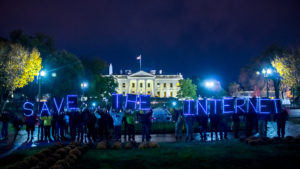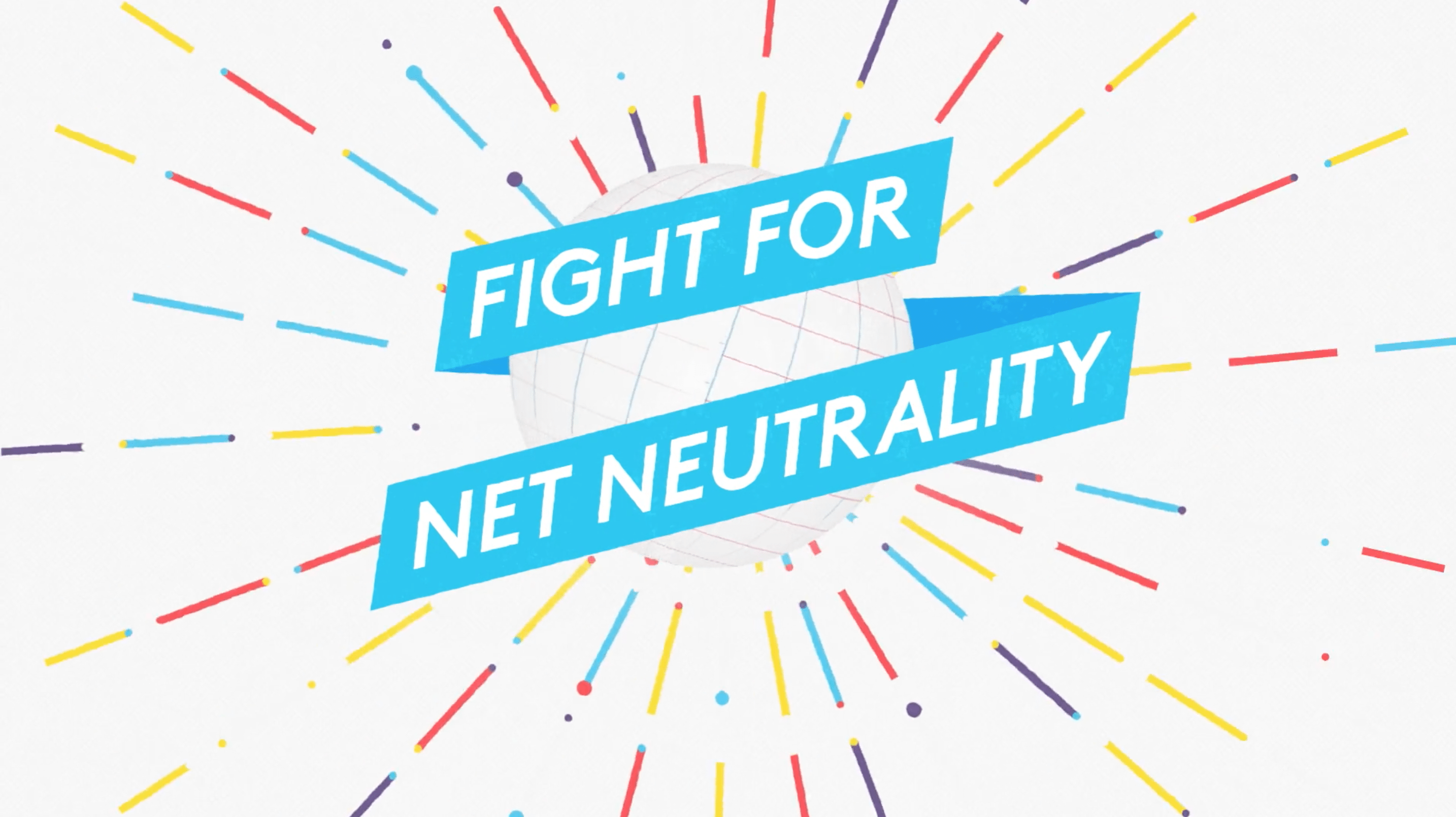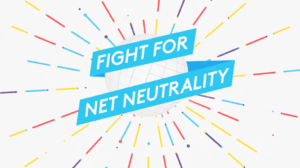19 Jan India’s Supreme Court reviews biometric database program, lawmakers in Vietnam consider data localization bill, investors push Facebook and Twitter about content policies
Corporate Accountability News Highlights is a regular series by Ranking Digital Rights highlighting key news related to tech companies, freedom of expression, and privacy issues around the world.
India’s Supreme Court reviews biometric database program

A woman receives an iris scan to enroll in the Aadhaar database (Photo by Biswarup Ganguly, licensed CC BY 3.0)
This week, India’s Supreme Court began its final hearings to consider the legality the government’s controversial biometric database program, reviewing nearly 30 petitions filed against the program over the past several years. Under the program, known as Aadhaar, individuals must enroll in a database—which requires submitting scans of their fingerprints and irises—in order to obtain a variety of government services, including paying taxes or receiving government subsidies. The Department of Telecommunications also requires telecommunications companies to collect Aadhaar numbers for new mobile customers, and has given current mobile phone users until March 31, 2018 to re-verify their SIM cards with their Aadhaar number to continue to receive service.
Privacy advocates have raised concerns over Aadhaar, especially after recent news highlighting privacy and security issues relating to the program. In December 2017, Bharti Airtel’s license to carry out Aadhaar-based SIM verification was suspended after it was discovered that it had been using this process to open bank accounts for mobile customers without their informed consent. The Tribune, an Indian newspaper, recently revealed that reporters were able to gain access to the database after paying about $8 USD to an anonymous individual who was selling access online. The Tribune reported that after entering an individual’s Aadhaar number they were able to view his or her personal information including name, address, postal code, photo, phone number, and email.
As noted in the 2017 Corporate Accountability Index recommendations, governments should work with the private sector and civil society to ensure that legal and regulatory frameworks make it possible for companies to respect digital rights. This includes respecting the right to anonymous online activity. Governments should refrain from requiring companies to document users’ identities when it is not essential to the provision of service. As UN Special Rapporteur for Freedom of Expression David Kaye has stated, anonymity is essential for individuals to exercise their right to freedom of expression, and deserves strong protections. (more…)
